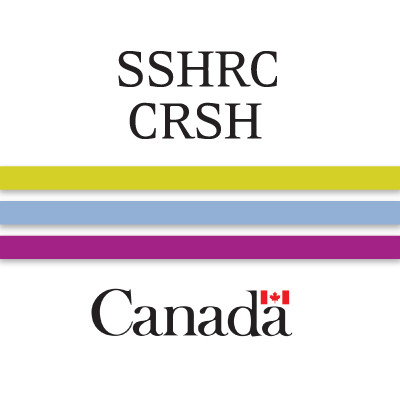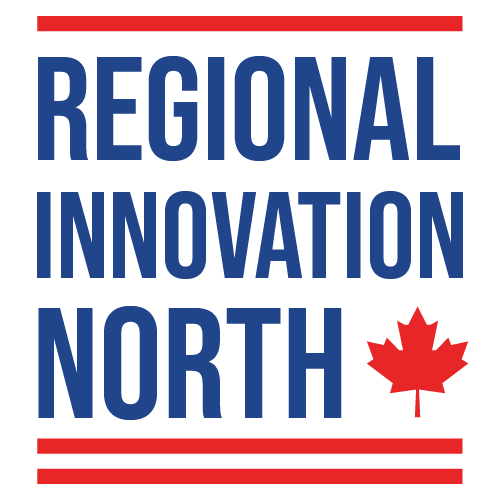
CALL FOR PAPERS
Unpacking Canada’s Sustainable Blue Economy and Innovation in a Global Context
Globally, Goal 14 (Life Below Water) of the sustainable development goals (SDGs) – which is to “conserve and sustainably use the oceans, seas and marine resources for sustainable development” – requires significant investments to mitigate threats arising from climate change, pollution, and unsustainable fishing. Yet, this goal is the least funded among the 17 SDGs. At 202,080 km, Canada has the longest total coastline in the world. With abundant ocean resources and deep capabilities, Canada is a global leader in coastal and marine sciences, technology, and innovation. This presents a huge opportunity for Canada – both commercially and in terms of its ability to influence the emerging, new global political economy. The productivity growth debate continues to generate concerns for policymakers, who understand that closing the gap will lead to higher wages and decent standards of living for Canadian workers – particularly those at the lower end of the income distribution. This has major implications for inclusive economic development, in the context of the blue economy. As a small open economy, Canada relies significantly on international trade and foreign investment to drive economic growth and foster social inclusion. This makes the Canadian ocean economy an interesting case study from which important lessons can be drawn. Among others, the various chapters will examine the interdependence of climate, ocean and marine ecosystems, biodiversity, and people – and their interrelationships with the humanities, natural, social, and economic sciences. The interdisciplinary nature of the research will be anchored on Canada’s inclusive approach to trade and development. Issues in the water, forests, land, fisheries, minerals, oil and gas, energy, climate change, and biodiversity sectors will be covered. Other country cases, such as the various small island developing states and other states that have extensive coastlines, and whose economies are heavily dependent – directly or indirectly – on the ocean economy, will also be considered.







